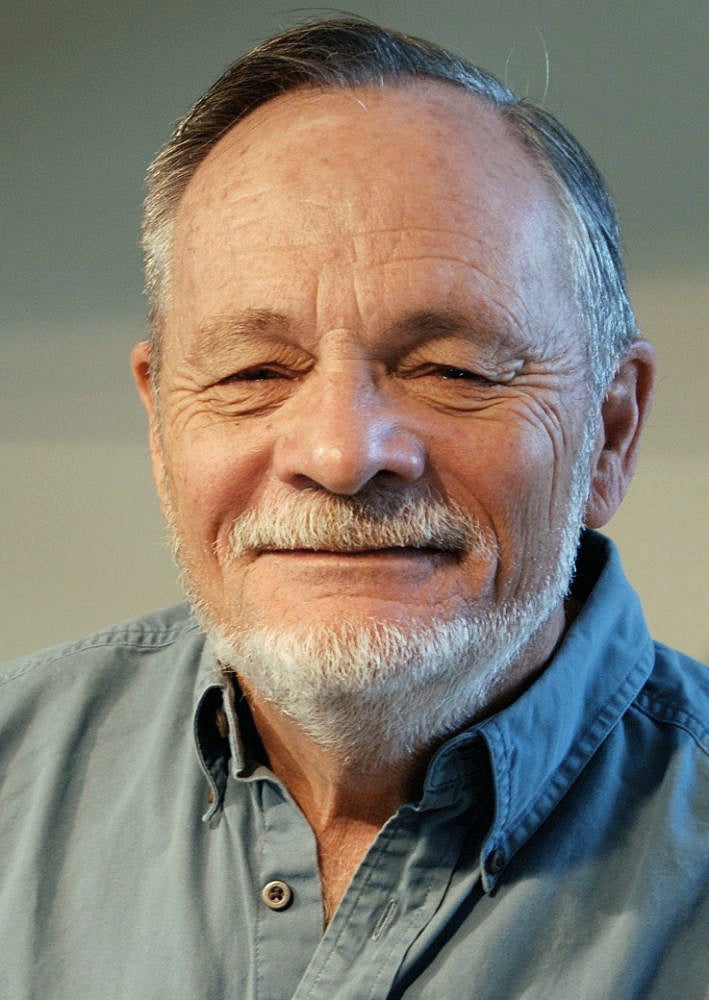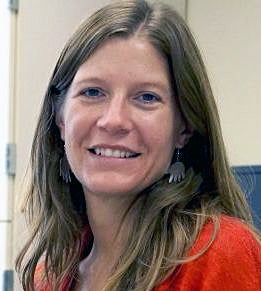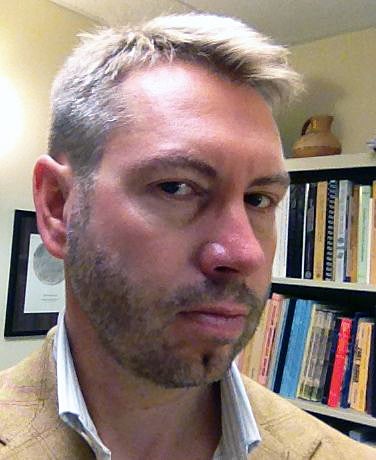
A Legacy of Influence


When UC Santa Barbara scholars Amber VanDerwarker and Gregory D. Wilson were earning their undergraduate degrees at different universities, they shared a favorite author: Brian Fagan.
Fagan, a UCSB distinguished professor emeritus of anthropology, has written nearly 50 books, academic and popular, on archaeology. It’s safe to say his works profoundly influenced generations of students.
“The impact he has made over his lifetime educating lay people on complex and important archaeological topics that have modern relevance can't be overemphasized,” said VanDerwarker, professor and chair of the Department of Anthropology.
“I still rely on his regional summaries to inform my undergrad lectures,” said Wilson, an associate professor of anthropology. “We need more like him.”
And so there was a special symmetry when Fagan, VanDerwarker and Wilson were honored by the prestigious Shanghai Archaeology Forum in the Chinese city recently. Fagan received the international group’s Lifetime Achievement Award and VanDerwarker and Wilson were presented the Research Award.
“I’m just flattered to have gotten this award, because my research is very much on the margins of archaeology,” said Fagan, who noted that much of his work in the past 50 years has been directed toward a general audience. His career at UCSB spanned from 1967 to 2003.
The Shanghai Archaeology Forum’s theme this year, “Water, Society and Civilization,” neatly aligned with VanDerwarker and Wilson’s 10-year research on the effects on nutrition during times of war. The book they co-edited, “The Archaeology of Food and Warfare: Food Insecurity in Prehistory” (Springer, 2015), broke new ground with its global examination of the impacts on health in times of conflict.
Much of VanDerwarker and Wilson’s research focuses on the Central Illinois River Valley in the 13th century, when constant war forced communities to shift from a subsistence based on foraging for native foods to cultivating crops. The Shanghai honor, Wilson said, validates their work.
“One of the great things is that professionally and intellectually it elevates the research,” he said, “and makes it known on an international level in a way that really draws attention to it, and helps disseminate and make it understood.”
That’s a good description of Fagan’s long career, VanDerwarker and Wilson said.
“He’s particularly good at pitching scientific research to the public,” Wilson noted. “He's one of those few writers who can do that really well.”
“What he does is so incredibly important because of his connection between archaeology and public discourse,” VanDerwarker agreed. “People every day read his books.”
Fagan, whose latest book is “Fishing: How the Sea Fed Civilization” (Yale University Books, 2017) said he hadn’t slowed down after life in academia. “Since I’ve retired I’ve had a burst of activity doing a lot books on different subjects,” he noted. “I have been very lucky to have been able to interest people in archaeology.”



